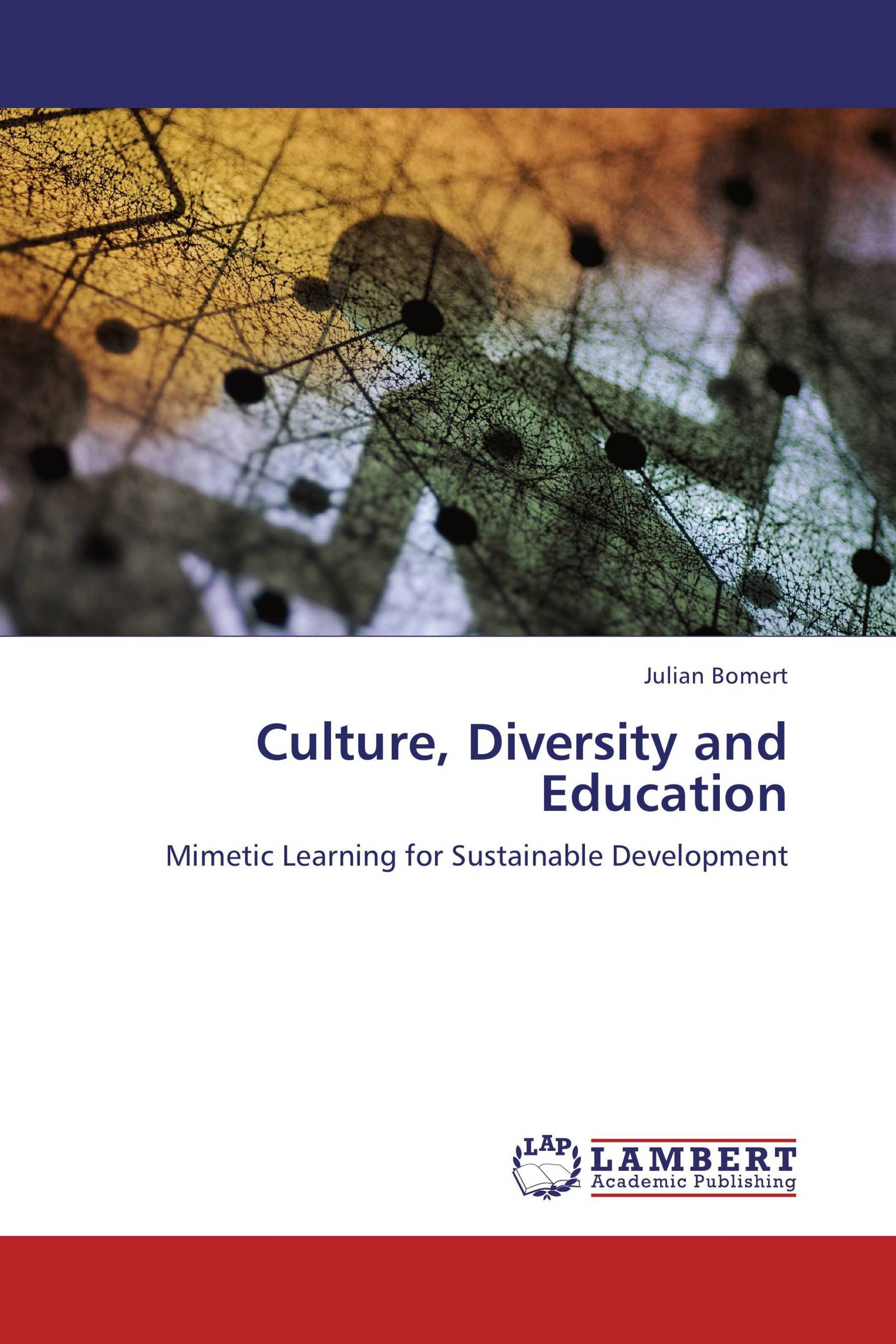Culture, Diversity and Education
Mimetic Learning for Sustainable Development
LAP Lambert Academic Publishing ( 2012-12-29 )
€ 79,00
According to Iser, the arrangement with “the other expands the horizon of possibilities”. It is in this sense that learning communities acquire multi-perspectivity; the ability to perceive shared problems from different (socio-cultural) perspectives. Multi-perspectivity allows such learning communities to recognize complex problems as such (e.g. climate change, poverty growth, economic crises) interpret them in various ways and develop development alternatives with an effect on a possibly more sustainable, meaningful human development. Culture, understood as mode of human interaction, enables human beings to respond to complex problems through even more complex, self-regulated organisation. Learning for sustainable development therefore addresses “cultural competencies” or respectively the competencies to arrange with and learn mimetically from the unbeknown, the other. The book reviews "who we are?" as human beings from a culture-anthropologic perspective and "where we stand?" in the context of human development. It analyses "what could be achieved" in the sense of economic, social and environmental sustainability. And it concludes "how to get there" through mimetic learning.
Book Details: |
|
|
ISBN-13: |
978-3-659-30396-8 |
|
ISBN-10: |
3659303968 |
|
EAN: |
9783659303968 |
|
Book language: |
English |
|
By (author) : |
Julian Bomert |
|
Number of pages: |
572 |
|
Published on: |
2012-12-29 |
|
Category: |
Pedagogy |




